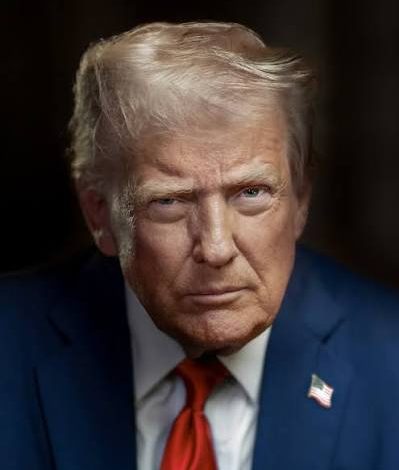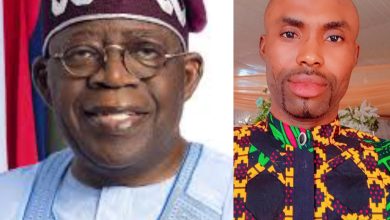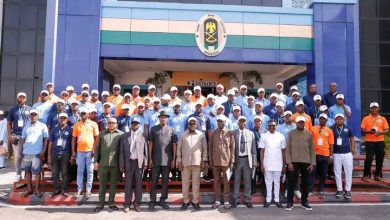Tensions Rise in Abuja After Trump Warns of Possible U.S. Troop Deployment to Nigeria

By Paul Ebi
Tensions are mounting in Abuja as Nigeria’s ruling elite scramble into high gear following a stark warning from U.S. President Donald Trump that American troops could be deployed to Nigeria if the government fails to halt the killing of Christians by Islamist-fundamentalist groups.
Trump’s remarks, delivered during a televised address at the White House late Monday, have sent shockwaves through Nigeria’s political and diplomatic circles. The U.S. President accused the Nigerian government of “turning a blind eye to systematic persecution” and vowed that Washington “will not stand idly by while innocent Christians are slaughtered.”
The statement has drawn urgent responses from top Nigerian officials. Presidential aides reportedly convened an emergency security meeting early Tuesday morning to assess the situation and formulate a diplomatic response. Sources within the Ministry of Foreign Affairs confirmed that consultations are underway with Nigeria’s ambassador to Washington to “clarify the intent and scope” of Trump’s statement.
While the Presidency has yet to issue an official response, political analysts say the warning represents one of the most direct threats of U.S. intervention in Nigeria’s internal affairs in recent history.
“This is not just a rhetorical threat,” said Dr. Chidi Onwuegbuchi, a foreign policy expert at the University of Abuja. “Given the scale of insecurity in Nigeria’s northern and central regions, and the growing global attention to religious persecution, Washington may feel justified in escalating its involvement.”
Human rights organizations have long accused Nigerian authorities of failing to protect vulnerable communities, particularly in states plagued by extremist violence. Reports of attacks on Christian villages in Plateau, Benue, and Kaduna states have drawn widespread condemnation both locally and internationally.
Opposition figures have seized on Trump’s comments as evidence of Nigeria’s deteriorating global reputation under President Bola Tinubu’s administration. “When a foreign leader threatens military deployment on your soil to protect your citizens, it means your government has failed in its primary duty,” one opposition senator said.
As diplomatic tensions rise, observers warn that any hint of U.S. military involvement could further complicate Nigeria’s security landscape and inflame nationalist sentiments.
For now, Abuja remains on edge — awaiting an official statement from the Presidency as citizens and global partners watch closely how Nigeria will respond to this extraordinary warning from Washington.





